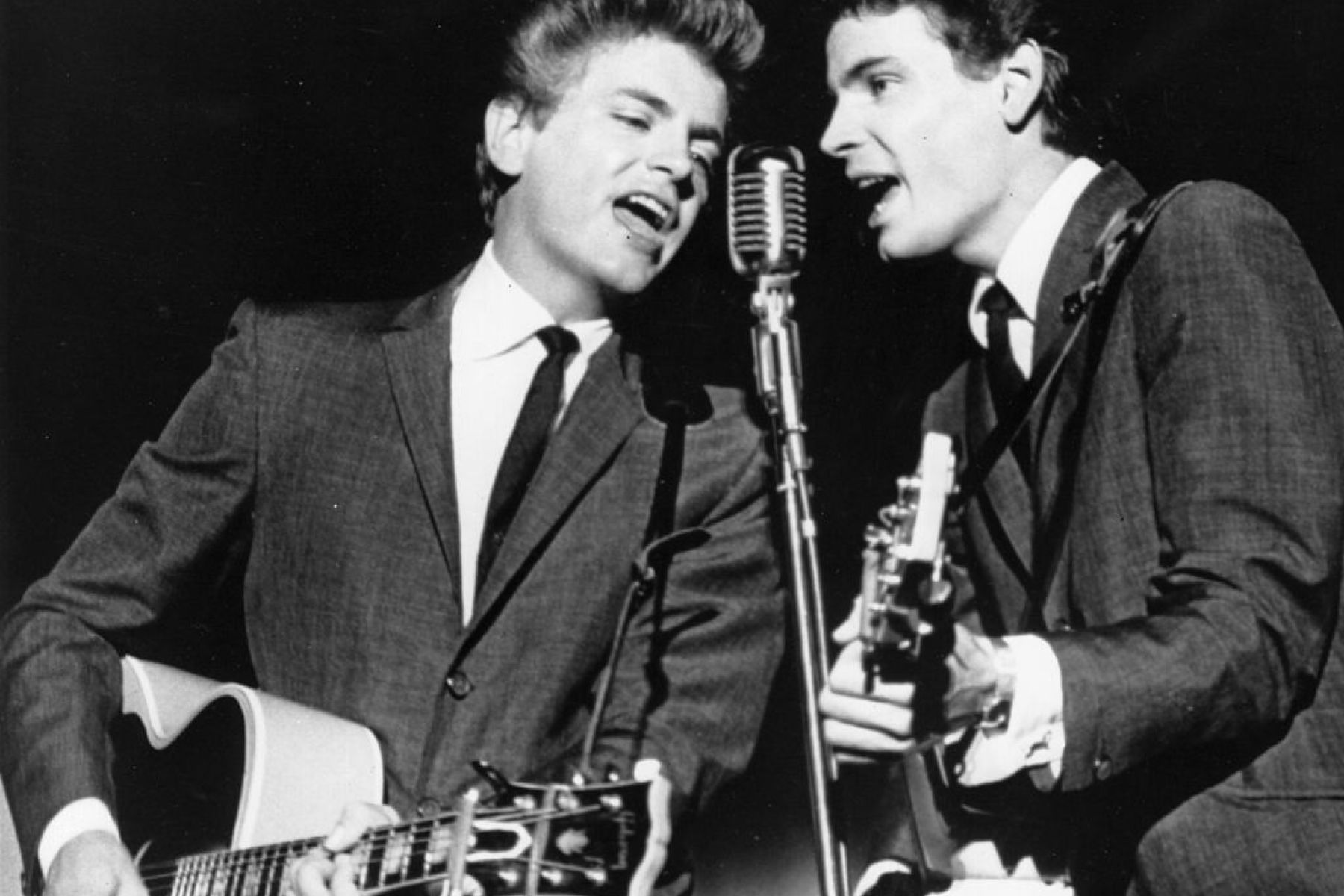Hayley Williams | Petals for Armor
If Hayley Williams designed to conceal her anxieties behind the principal shades of Paramore’s After Laughter , it yielded the contrary (but still incredible pop) outcomes. The pop-punk band’s Technicolor hues heightened the senses just as much as they highlighted the irony between volatile emotion and upbeat rhythms, with Williams’ phrases and cadences landing with visceral influence. Another peculiar trade-off occurs with the songs on Petals for Armor , Williams’ initial solo report since debuting with Paramore in 2005. She’s even more forthcoming, enabling darker, intimate problems to emerge: “Dead Equine” opens with a candid tone of voice message from the performer herself, who apologizes for the past due response because of her depression. Not surprisingly inclination for directness, the songs somehow becomes even more elusive – even though she falls back again to the acquainted, slick funk of her band’s most recent album. Williams is even more forthcoming as a lyricist right here, demonstrating an improved articulation of her inner conflicts, yet, her songs are inclined to wander, the footing even more unsure.
However the driftless high quality Petals for Armor isn’t due to aimlessness. The business of the album, 1st packaged as a lot of money of three independent EPs, imbues the report with a feeling of chronology, adhering to Williams’ quest for peace and situational clearness. The stylistically scattered aesthetic and sonic experimentation feels as though a reflection of Williams’ battle to find correct expression, especially of varying tones of darkness. Her tone of voice undergoes several transformations: her usual sharpened, emo-influenced enunciation right here loosens right into a shifty murmur since it smoothly settles in to the album’s liquid funk. Petals for Armor appears like a ghostly echo of After Laughter , lacking since it does a few of that record’s colour and holding forth a far more introverted power, but it’s a welcoming tone of hollowness, one which underscores Williams’ present thematic preoccupations. It’s an album that doesn’t therefore much try to capture in songs any instant, all-consuming burst of panic, but instead one that seeks expressing, in word and disposition, how it feels when that unease lingers, seeping into everyday activity.




Recent Comments